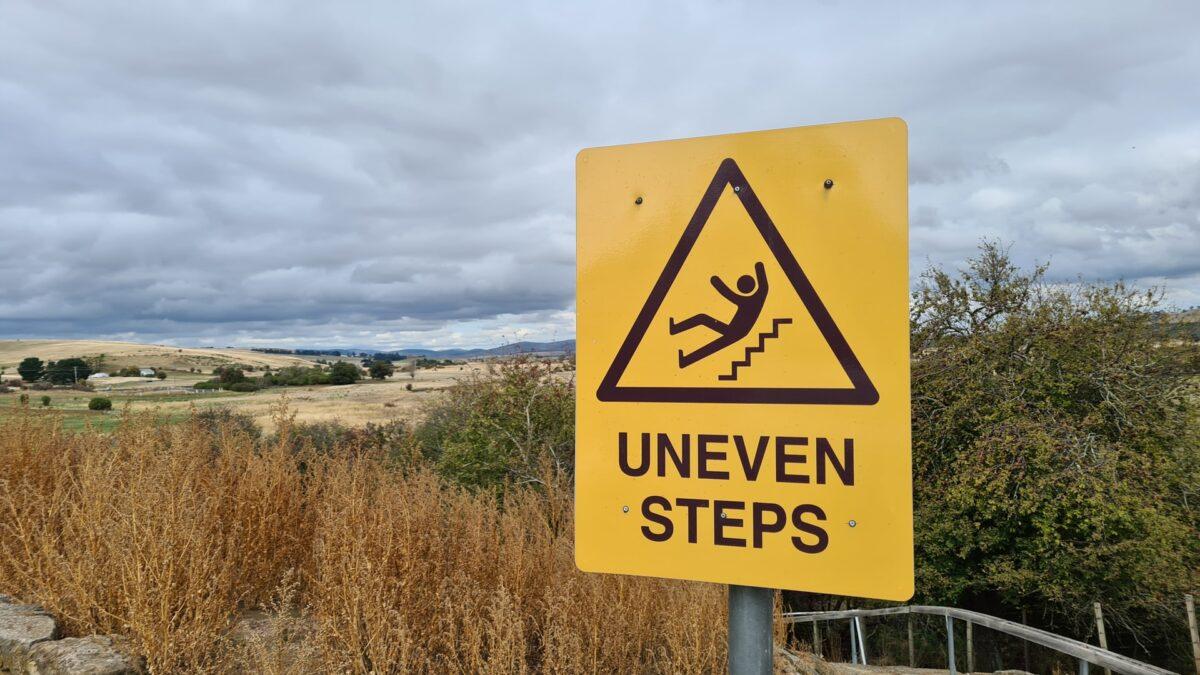Accidents are one of those unfortunate side effects of life. You could slip and fall in a restaurant, have an accident at work, or even get into a motor vehicle accident. Anything could happen. Things can unfortunately be even more painful when it comes to filing a personal injury claim. The process is often confusing and can seem like too much when you’re already dealing with an injury. Fortunately, it doesn’t have to be all that bad. If you are equipped with key knowledge beforehand things could run a lot smoother and play out in your favor. Let’s take a look at 6 important things you should know about filing a personal injuries claim.
1. There Are Time Limits
The last thing you want to do when filing an injury claim is rush the process. In the words of the Queens slip and fall lawyer, one of the most important things to remember is that there is a time limit, and your claim needs to be filed in a timely manner. Court proceedings need to have commenced within less than 3 years of the initial accident date. Some claims have even less time, so it’s important that you find out just how much time you have to act from a lawyer.
2. No Automatic Right To Compensation
In order to claim compensation, you need to be able to prove that your injury was sustained through the negligence of another. Someone else needs to be at fault. If the accident is your fault, you won’t be able to make any claim for your injuries. You can’t file a claim against yourself. But how exactly is blame determined? Sometimes it isn’t immediately clear who is to blame for an incident, and it can be disputed by the other party. In cases where you are partly to blame for an incident, you may still be allowed to make a claim. It is always best to consult your lawyer about these scenarios and not make any admissions of guilt that can be used against you at a later stage.
3. You Need to Report the Accident
If you are injured in your place of work, it is important that you report it to your manager, or supervisor immediately. They are then required to make a note of it and will potentially launch an investigation into what happened. If you were to slip and fall in a store or any building for that matter, it needs to be reported to a member of staff and recorded before you have left the premises. If you don’t do this, it could be a lot harder to file a claim and it could be argued that you sustained injury elsewhere.
4. Save Time By Recording Important Details About The Accident
You need to keep a detailed record of the accident. This makes the claims process a lot easier to complete. You need to make physical notes about what exactly happened, when (the time and date), where, the circumstance surrounding how exactly you sustained the injury, who else was involved (including names, addresses, and other personal details), and a detailed list of witnesses. Include photographic evidence everywhere you can to help support your claim. You can also include things like sketches of the scene to better illustrate what happened. You will also need to keep a detailed report of all of your losses and additional expenses incurred as a result of your injury. You need to be able to provide clear evidence in the form of receipts for any additional medical costs, damaged items, travel expenses for getting to and from medical-related appointments, and loss of income. All of this and any future costs can be included in your claim.
5. Medical Evidence Is Required To Support Your Injury Claim
Right after sustaining an injury, you need to seek appropriate medical help and advice. Depending on the severity of your injury you should go to the appropriate medical practitioner and a hospital if necessary. This is because you will need medical evidence to support your injury claim.
6. You Should Keep a Diary
It is wise to keep a diary of how your injury is affecting your day-to-day life. In this diary, you should include things such as any additional care or assistance that you have required as a result of the injury. Take note of how you’ve slept, how things have been at work, and how other everyday activities have been affected.
Filing an injury claim is never fun, but it doesn’t have to be stressful. We hope that you’ve found this list informative and that you have learned something.
